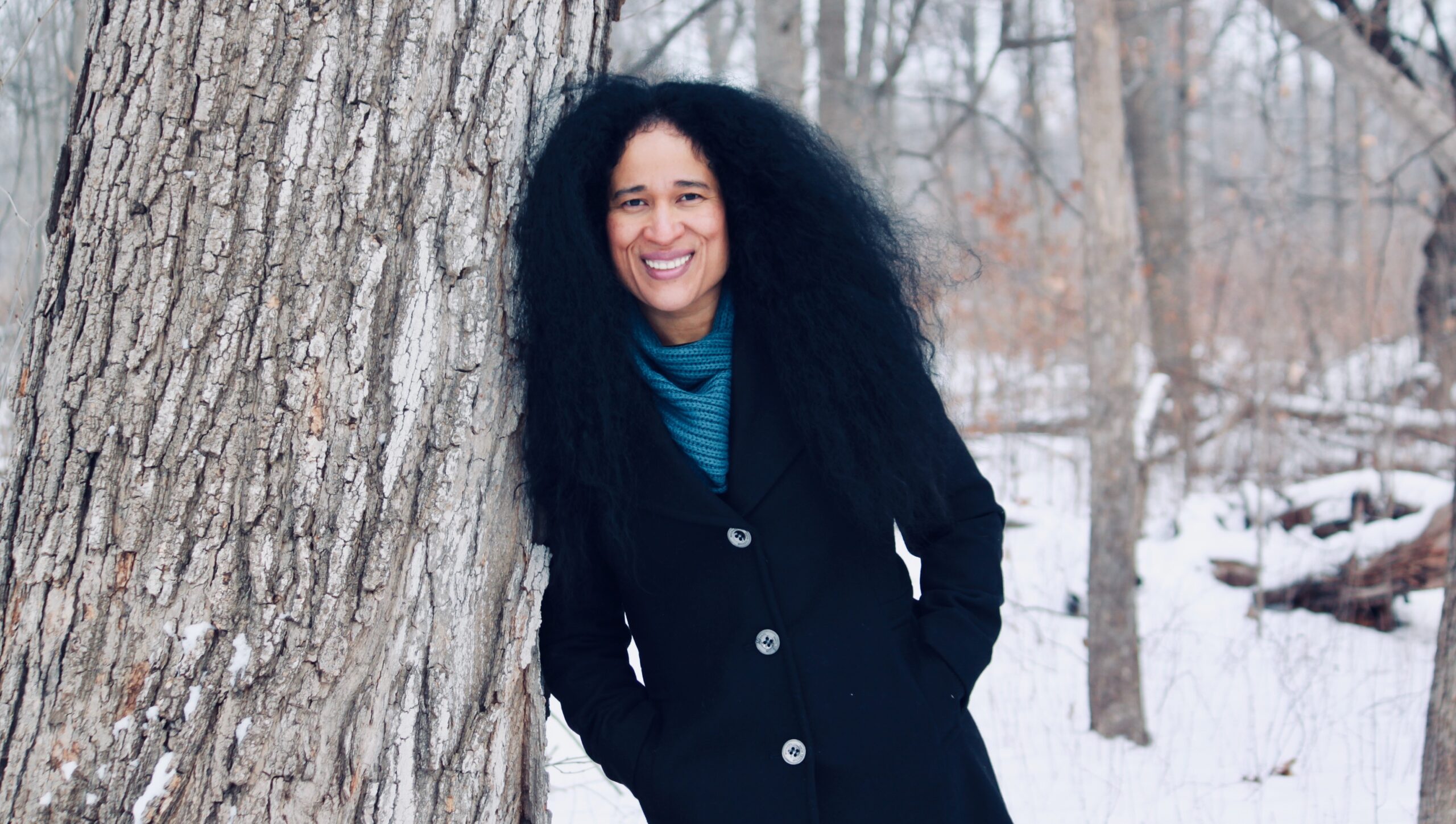Someday Things Will Get Better
Translated by Marvin Najarro She just needs to tie the shoelaces of her snickers and she will be ready; with her neatly ironed uniform and carefully tied up hair, Soledad is about to start her third job. She takes a look from behind the kitchen’s door and sees that the room is full to bursting; she estimates there are at least five hundred persons that have to be served by six waiters; three women, and three men. In the mornings she works as a seamstress in a laundromat, the mending she does fatten the business owner’s wallet; he pays her…






